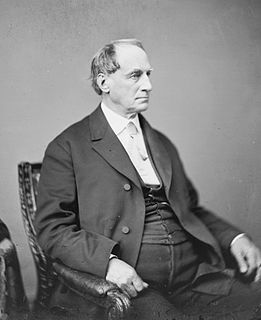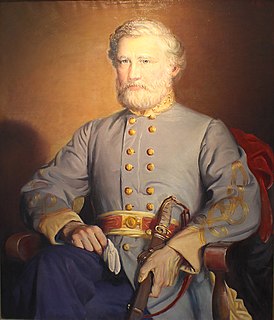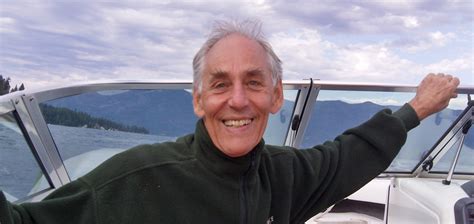A Quote by Caleb Cushing
I declare and protest in advance, that I do not intend, at this time at least; to be drawn or driven into the question of slavery, in either of its subdivisions or forms.
Related Quotes
I think we live in slavery to fear. Most people don't have an answer to the death question and really don't even have a philosophy. That is a puzzle to me. I think even if I was not a Christian, I would want to at least have a personal solution to the death question. Otherwise, death is just a frightening thing.
It is possible to see slavery and serfdom merely as extreme early forms of autocratic management, in which employees had no voice whatsoever in the work process and were viewed not as human beings but as alienated forms of individual wealth. Slavery, in this sense, did not die; it continues in modern dress in contemporary organizations wherever managers exercise autocratic power, unequal status, or arbitrary privileges, no matter how scientific the terminology or postmodern the image
As for slavery, there is no need for me to speak of its bad aspects. The only thing requiring explanation is the good side of slavery. I do not mean indirect slavery, the slavery of proletariat; I mean direct slavery, the slavery of the Blacks in Surinam, in Brazil, in the southern regions of North America. Direct slavery is as much the pivot upon which our present-day industrialism turns as are machinery, credit, etc. … Slavery is therefore an economic category of paramount importance.
I am the executioner. When the crime is committed and the Lord God does not take vengeance nor does the exalted State move to declare and then to punish, I say when these bitter events happen, then comes the time for the executioner to declare himself or herself as the case may be. I have waited long enough. So the time has come, and I declare myself the executioner. The three criminals are hereby sentenced to death. By fire. By earth. By water.
There are three ways in which a man becomes a slave. He may be born into slavery, or forced into it, or he can deliberately accept his servitude. All three forms flourish in the modern world. Men are born and forced into slavery in Russia and her satellites states. Men in the free world invite slavery when they ask the government to provide complete security, when they surrender their freedom to the "Welfare State."








































